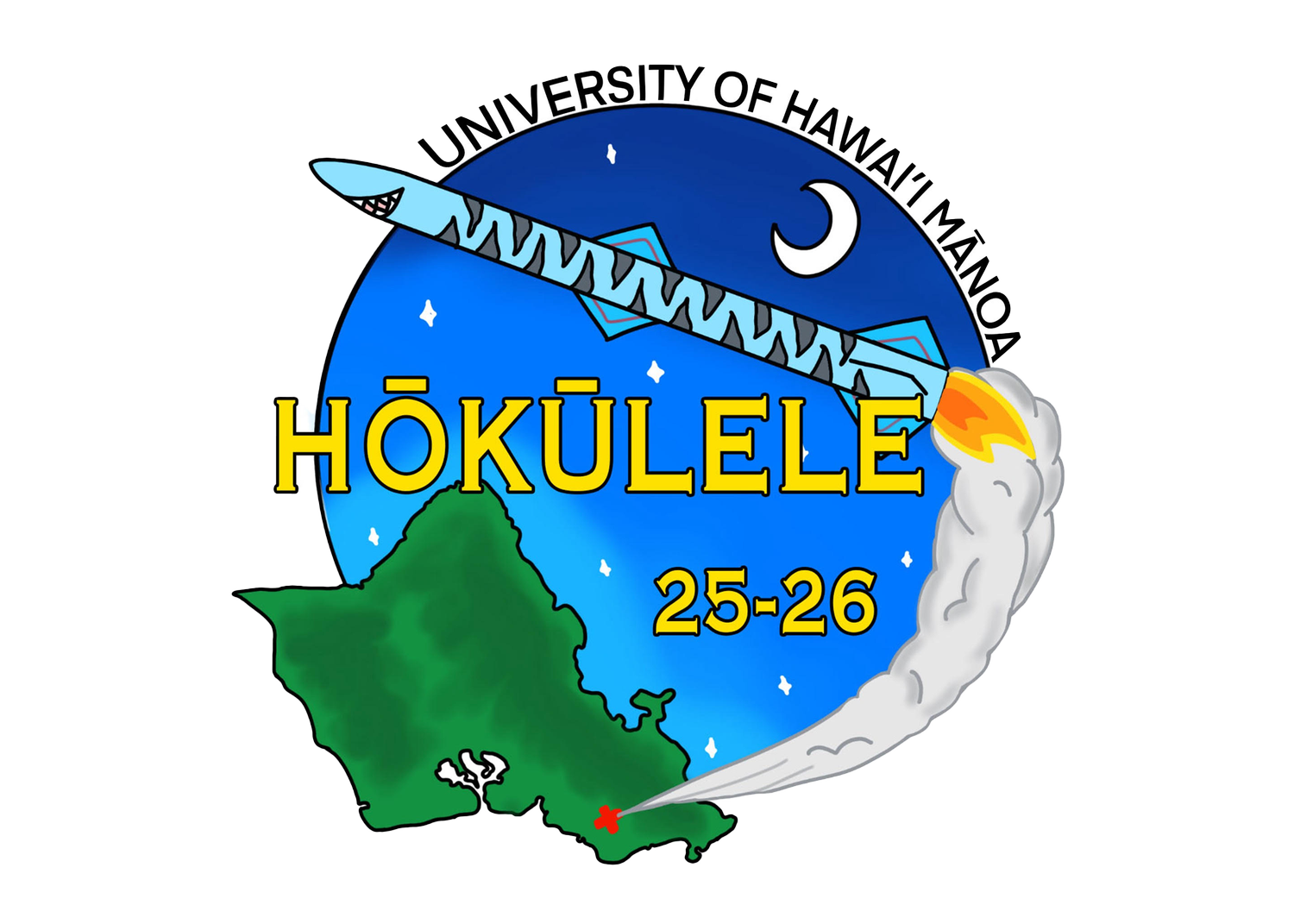
MAKE IT WORK
Finances
Current Budget
The team raised a total of $28,741.01, exceeding their estimated goal of $25,704.79 in potential funding. The funds were secured through a combination of team fundraising efforts, sponsor donations, and awards and grants. The team was also able to reduce their estimated costs thanks to donated services from several sponsors and benefactors.
Top Level Budget
Overall Budget
The final estimated budget for the rocket was approximately $25,704.79. This total included rocket materials, travel expenses, FAR competition fees, miscellaneous fees, and a 20% cost buffer. The estimated costs listed for rocket materials represented the maximum allocated budget for each subsystem. At the time, the team remained below the estimated budget, and a further breakdown of the costs was available in the high-level subsystem budget. The team secured $28,741.01 through a combination of fundraisers, sponsor donations, and awards and grants. Most of the funds were used for material purchases and travel expenses. The remaining funds were allocated to reimburse food costs during the competition, with any leftover amount carried over to next year’s team.
Subsystem Level Budget
Structure Budget
This table shows the structure subsystem budget, which included the materials the structure team needed to build the rocket body and fins. The total estimated cost of the structure components was approximately $3,198.54.
The propulsion subsystem budget included the motor casings for both the booster and sustainer, as well as their corresponding propellant. Two M2500T propellants were ordered, with one used for static motor testing. The total estimated cost of the propulsion components was approximately $5,230.00.
Propulsion Budget
Recovery Budget
The budget for the recovery subsystem included all the hardware necessary for the housings, as well as new avionics systems such as the TeleMegas and GPS units. It also included all the components needed to successfully deploy the parachutes, including chute protectors, deployment bags, and shock cords. The total estimated cost of the recovery components was approximately $3,172.89.
Payload Budget
The payload budget included the new FPV camera, batteries, video camera, and necessary electronic components. The total estimated cost of the payload subsystem components was approximately $988.00.
Funding Opportunities
Completed
Remaining Funds from Previous Year’s Team
ME Department Professional Fees
College of Engineering Senior Design Funding
Hawaiian Airlines Kokua Giving Program
College of Engineering Banquet Fund
InSynergy Engineering Inc. Donations
ASUH Research Award
Merritt Electric Donations
Samurai, Inc Popcorn Fundraiser
Krispy Kreme Donuts Fundraiser
DHX-Dependable Hawaiian Express Donation
We extend our deepest gratitude to all of our sponsors and supporters for equipping us with the resources and encouragement needed to bring this project to life. We are incredibly proud and excited to represent both the University of Hawai‘i at Mānoa and the state of Hawai‘i at the FAR-Unlimited Competition this June.






